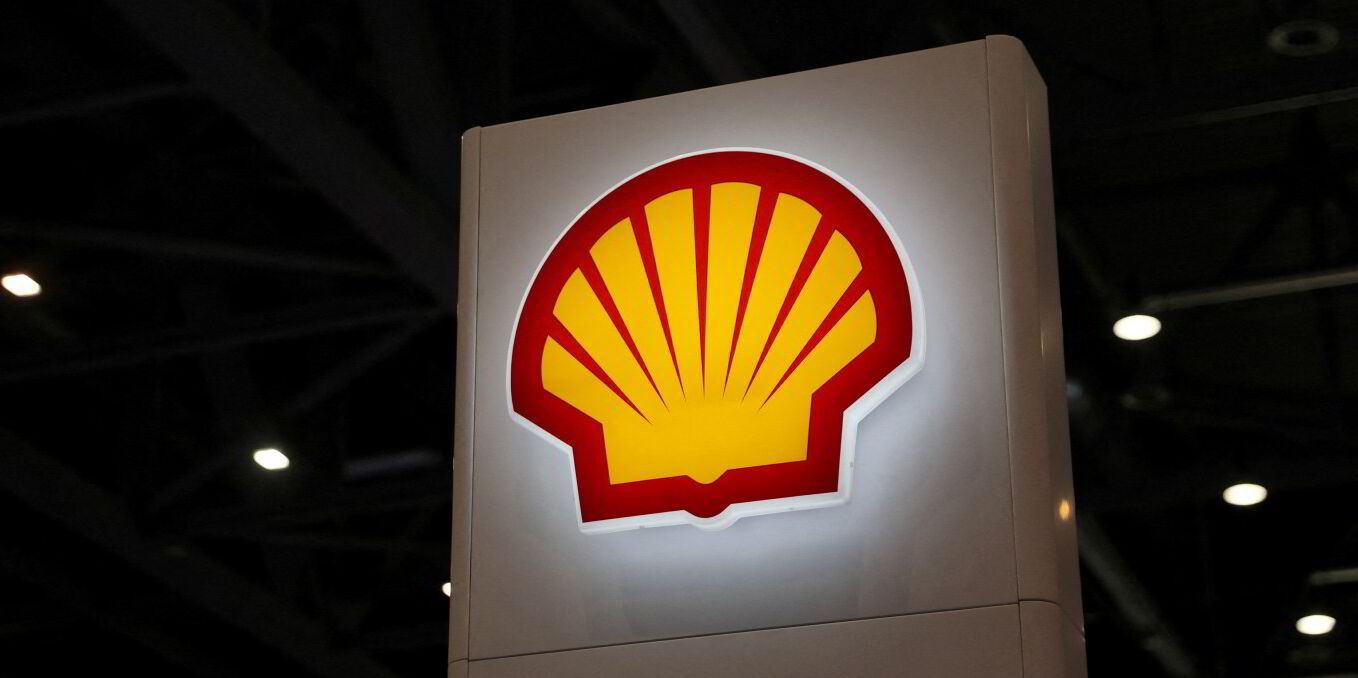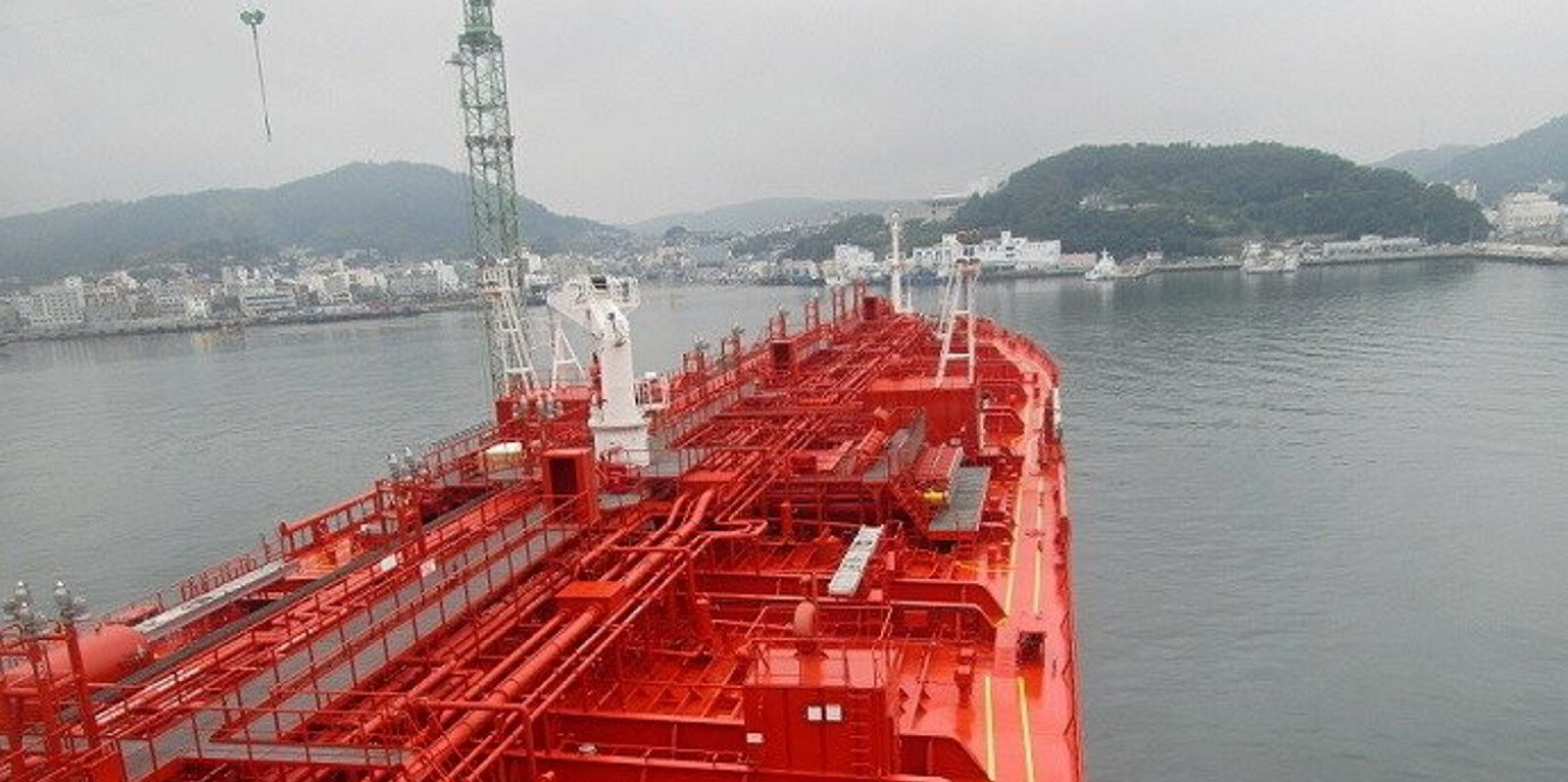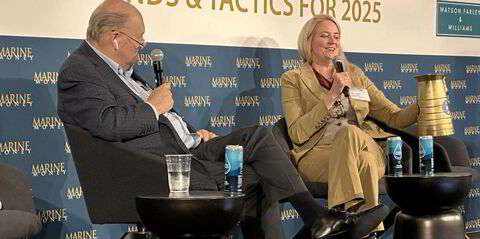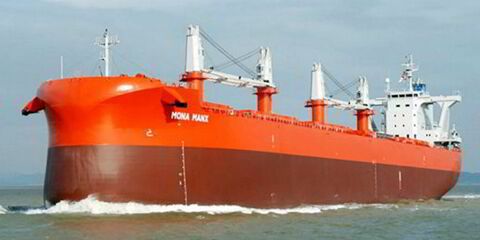Shell has returned to the shipbuilding market for MR product tankers.
The energy major has contracted China’s Guangzhou Shipyard International to build 10 conventional marine fuelled 50,000-dwt ships.
The last time Shell was linked to an MR tanker order was in 2021 when Shandong Shipping Corp commissioned 10 newbuildings from New Times Shipbuilding against charter contracts to the oil company.
Brokers said Shell has inked the 10 tankers directly with GSI.
They are said to be costing $48m each and will be fitted with scrubbers.
GSI is scheduled to deliver one tanker at the end of 2027 and the remaining nine newbuildings between 2028 and 2029.
Shell declined to comment on the newbuilding order when contacted by TradeWinds.
Brokers think the 10 MR tankers may eventually not be owned by Shell.
“Shell is likely to novate the product carriers to a leasing house or a shipowning company, and charter back the vessels under long-term period deals,” said one broker.
He added that the move will mirror the 10-ship order that Shandong Shipping inked at New Times three years ago.
New Times has since delivered the product carriers. China Development Bank Financial Leasing financed the tankers.
Fleet renewal
Tanker players believe the MR newbuildings at GSI are replacement vessels for a raft of tankers that were built by HD Hyundai Mipo.
In 2013, the oil company chartered 50 MR tankers under “Project Silver”.
Several shipping companies were involved in this project, including Tristar Shipping, Unisea Shipping, Oman Shipping and Sinokor Merchant Marine. However, those vessels are now coming off charter.
Banchero Costa data shows that 41% of the trading fleet of 1,829 MR tankers is 15 years and 16% is less than five years.
The MR tanker fleet stands at around 280 ships, of which 90 were ordered this year.
The broking shop expects demolition activity to remain strong going forward.
UK shipbroker Gibson, which defines the MR tankers as the “workhorse” product carrier fleet, said the ship type is“ageing fast”.
“This raises concerns that a substantial number of tankers will soon exceed 20 years of age, limiting their trading capabilities in regions where they typically operate,” said Gibson.
“Unless the orderbook continues to grow, the size of the fleet under 20 years of age will continue to shrink.”






